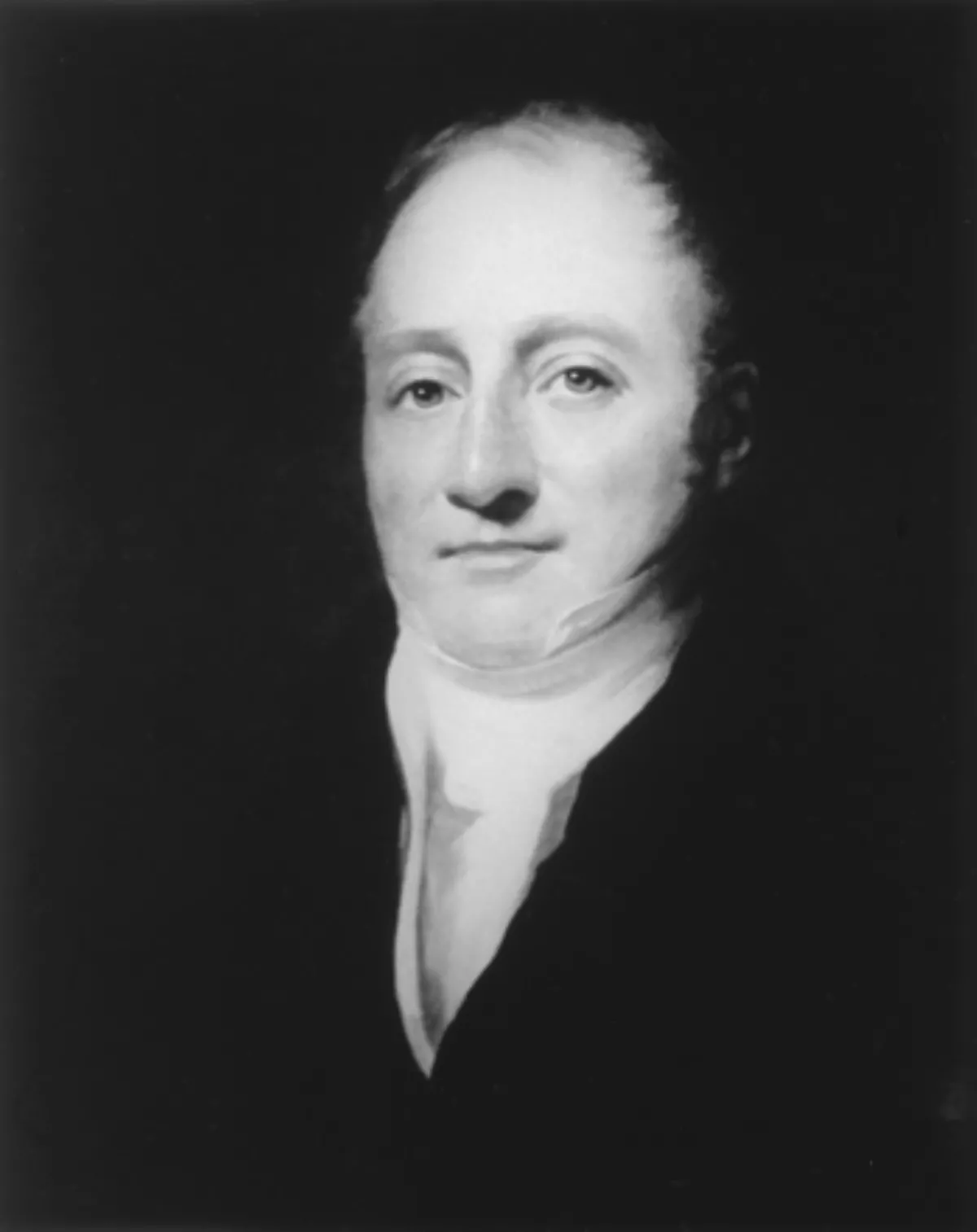 1.
1. Alexander John Gaspard Marcet FRS, was a Genevan-born physician who became a British citizen in 1800.

 1.
1. Alexander John Gaspard Marcet FRS, was a Genevan-born physician who became a British citizen in 1800.
Alexander Marcet's wife Jane Marcet was a prolific author, whose series of books entitled 'Conversations' treated topics such as chemistry, botany, religion and economics.
Alexander Marcet wrote a thesis on diabetes, printed at Edinburgh in the same year.
Alexander Marcet then became a physician at Finsbury Dispensary, and at Guy's Hospital on 18 April 1804.
Alexander Marcet lectured there on chemistry between 1805 and 1819.
Alexander Marcet took charge of the temporary military hospital at Portsmouth in 1809 for some months, when it contained invalids from Walcheren.
Alexander Marcet had married Jane Haldimand, lived in Russell Square, and, as he grew wealthier, grew less and less inclined for medical practice.
Alexander Marcet retired from the staff of Guy's Hospital, 10 March 1819, and went to live in Geneva, where he was appointed honorary professor of chemistry.
Alexander Marcet visited England in 1821, and died in Great Coram Street, London, 19 October 1822.
In 1805, Alexander Marcet contributed an essay, A Chemical Account of the Brighton Chalybeate, to a new edition of the Treatise on Mineral Waters of his colleague, William Saunders.
Alexander Marcet describes a variety of experiments of the rudimentary chemistry of that period made with the water of a chalybeate spring called the Wick, and shows that, unlike the Tonbridge spa, it might be drunk warm without any precipitation of iron.
Alexander Marcet was elected Fellow of the Royal Society in 1815, and published some chemical papers in the Philosophical Transactions.
Alexander Marcet published in 1817 An Essay on the Chemical History and Medical Treatment of Calculous Disorders.
Alexander Marcet complains that he was unable to give full statistics, as no major London hospital then kept any regular record of cases.